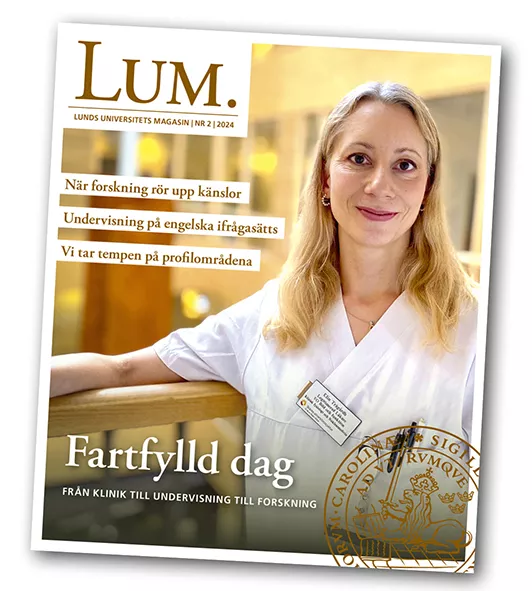The course is part of the study opportunities intended for both students and professionals who have suffered because of the pandemic.
Working during a pandemic presents new challenges for both managers and employees. In times of change, such as during the Covid-19 crisis, it is common for management to close ranks. The result of this is that employees wonder what’s going on. They often feel inadequate and wonder why they should do things in a particular way.
Even when some employees would like their manager to give them clear directions, Johan Bertlett thinks it is important not to rush in looking for quick solutions. He is careful to point out that the real crisis for the University was not the pandemic as such, but the fact that 40 000 students risked being left with no teaching in March.
“However, now it is not a crisis, but a wicked problem instead. We have to work both for the short term and the long term”, he says, referring to research in organisational psychology.
Not a crisis for the University but a wicked problem
Facing what research refers to as a wicked problem, the managers should involve their employees, ask questions rather than providing answers and listen to the various forms of expertise. For example, how an effective, semi-digital work environment can be created for students and employees – now and in the future.
“It would be naive to believe that we will go back to 2019 once a vaccine is available. When facing complex problems, we should investigate solutions together”, he says.
He finds Anders Tegnell’s outward leadership to be a brilliant example of the ability to withstand the pressure to take decisions in the absence of good evidence and long-term perspective. When it comes to how we work, he thinks there is an opportunity to try new approaches.
“Now is the time to break with convention in the workplace and to investigate the outcome. Maybe we could work different hours, be outdoors and walk during meetings – with the camera on!” says Johan Bertlett.
Challenge but don't attack the manager
During the pandemic, it has become unclear to many University employees whether they are to work from home or come in to the workplace. Different units proceed in different ways and the directives keep changing. Many employees pressure their managers for answers and a clear procedure to follow in their work – in order to escape the uncertainty of current everyday life. At the same time, new directives are issued on an irregular basis, changing the parameters. As an employee, you have to try and take a constructive role in your job.
“Do challenge, but don’t attack! As usual, you should try to take a functional role in your job but of course it is based on interaction. If you feel threatened, it becomes difficult”, he says.
The course will be offered again during the autumn and in 2021 it is to become part of the regular range of courses available. As a researcher, Johan Bertlett is curious about how things will go with many people working from home.
“There are many interesting aspects of this to investigate. We do not yet know very much but a recurring report appears to be that managers find people are delivering.”
* The course is entitled Change and Leadership (Omvärldsförändring och ledarskap) and is worth 15 credits. It consists of two course components: Leadership and Followership in Organisational Change Processes, and Competitive Intelligence and Strategic Thinking, taught by Stein Kleppestö.




